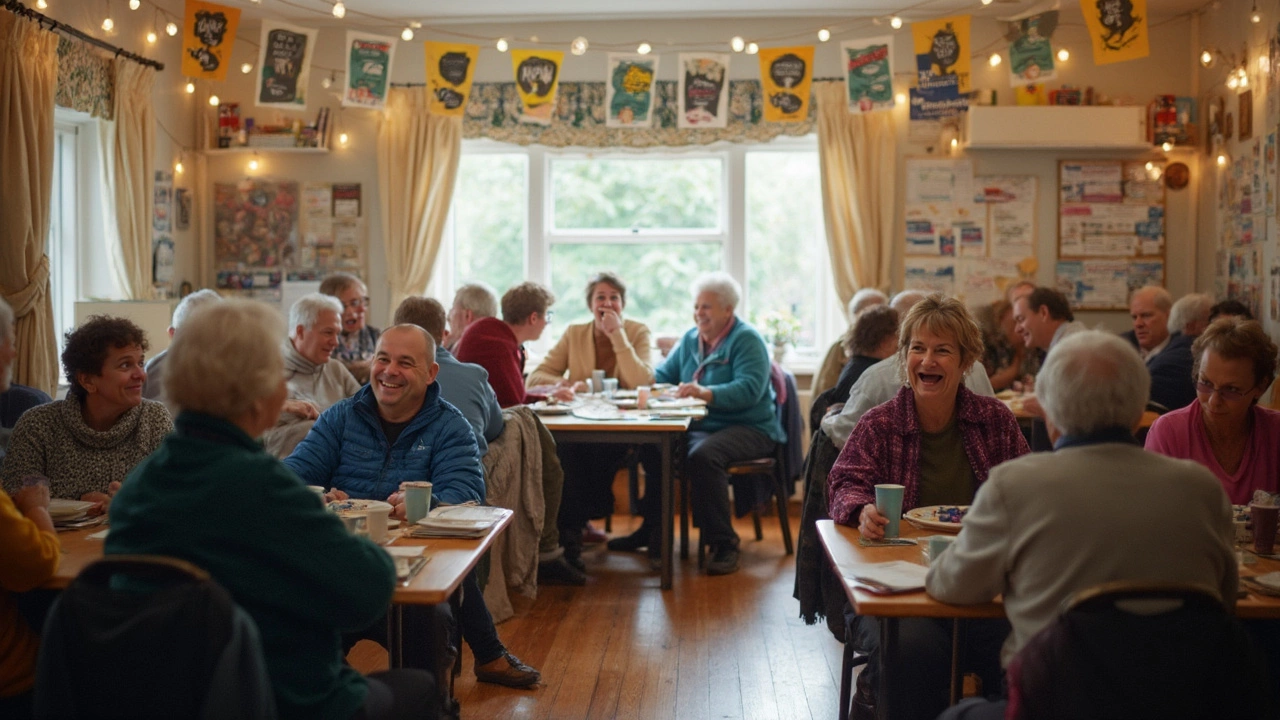Support Group Hub – Find Local Help & Community
Ever felt like you could use a friendly ear or a group that gets what you’re going through? That’s what a support group is for – a small, safe circle where people share experiences, give advice, and lift each other up. Whether you’re dealing with grief, parenting challenges, health issues, or just want to stay socially active, a support group can make a big difference.
At Minehead & District U3A, we see support groups as a natural extension of lifelong learning. They’re not just talks; they’re a chance to learn new coping skills, try fun activities, and meet neighbours who become friends. Below are simple steps to help you find or start a group that fits your needs.
How to Choose the Right Support Group
1. Identify your goal. Are you looking for emotional support, practical advice, or a hobby‑based community? Knowing what you want narrows the search.
2. Check the format. Some groups meet in person at a community centre, others run online via Zoom. Think about what works best for your schedule and mobility.
3. Look at the size. Smaller groups (5‑10 people) often feel more intimate, while larger ones can offer diverse perspectives. Try a few sessions to see what feels comfortable.
4. Read the rules. Most groups have a confidentiality agreement – it’s a promise that what’s shared stays within the circle. This safety net encourages honest conversation.
5. Ask about the facilitator. A trained leader or an experienced peer can keep discussions on track and ensure everyone gets a chance to speak.
Top Support Group Activities in Minehead
Minehead’s U3A Society Hub hosts a range of groups that blend learning with support. Here are a few popular options:
Mindful Minutes – A weekly meet‑up for seniors who want gentle meditation, light stretching, and a chat about daily life. No experience needed.
Parenting Circle – Families share tips on school life, screen time, and balancing work. Guest speakers from local schools pop in for short talks.
Health & Wellness Club – Participants discuss chronic conditions, swap recipe ideas, and try low‑impact exercise together.
All these groups meet at the community hall on Thursday evenings, but you can also join virtual sessions if getting there is tricky.
Getting started is easy. Visit the Minehead U3A website, look for the "Support Groups" calendar, and sign up for a trial session. Most groups welcome newcomers without a fee, and you can leave any time if it’s not the right fit.
Remember, the right support group feels like a second family – you share, you listen, and you grow together. Give it a try and see how a small group can boost your wellbeing and bring a smile to your day.

Support Group Alternatives: What Else Are They Called?
Ever wondered what else a support group might be called? This article breaks down the different names you might hear and what each really means. If you’re searching for a local support network, knowing these terms can help you spot hidden resources in your community. We’ll also share tips on what to look for and fun facts about how support groups work. This guide makes navigating your options way easier.